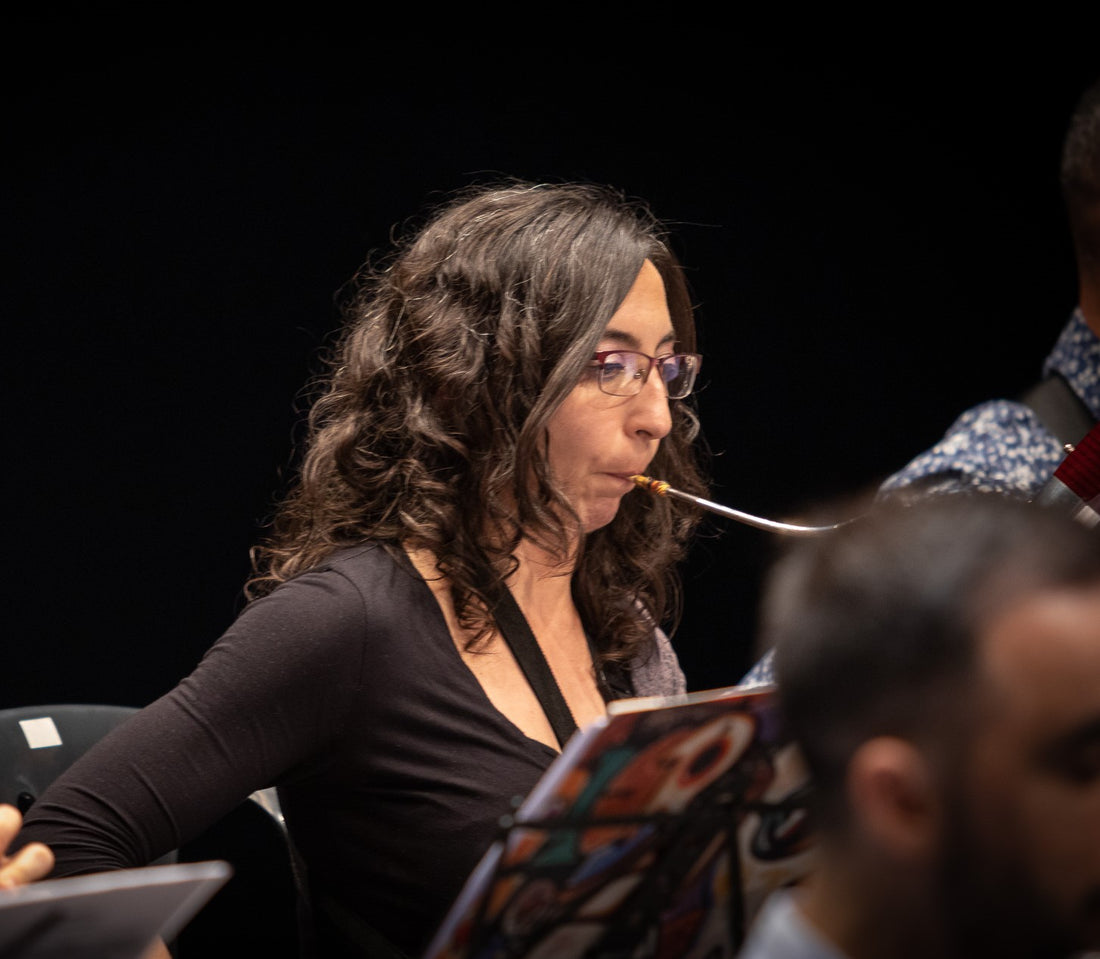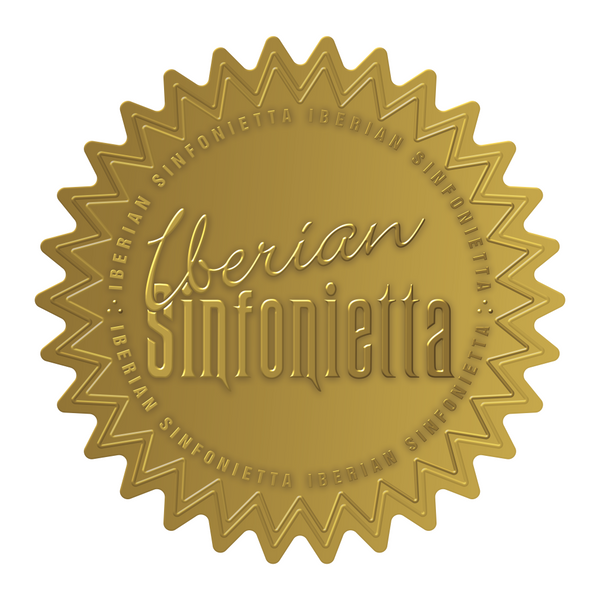
GETTING TO KNOW IBERIAN SINFONIETTA: INTERVIEW WITH DELIA BASTIDA PATERNA, FIRST Bassoon OF THE ORCHESTRA
Dear Public:
We begin to delve into our next appointment on November 25 at the Peace Palace in Fuengirola at 7:00 p.m. , as always. On this occasion we will have a very interesting repertoire, with premieres, with purely orchestral music, soloists...many incentives. We also want to take the opportunity to continue our series of interviews with those responsible for sections of the orchestra. It is a way of bringing them closer to everything that is seen but not heard about the orchestra, and that is the great human project that sustains it and gives that special quality and warmth to the orchestra. On this occasion, we will speak with Delia Bastida Paterna , Professor of Bassoon at the Conservatorio Superior de Música de Málaga and head of the bassoon section of Iberian Sinfonietta .

You are founder of the orchestra, what do you think of this project?
Iberian Sinfonietta is a very complete musical artistic project. On the one hand, it offers a season in which it addresses a symphonic repertoire that covers all eras and styles. It also provides the opportunity for young performers to perform as soloists. On the other hand, it offers the possibility of premiering works by contemporary composers, many of them from Malaga. All of this has a pedagogical nature, thanks to the informative presentation that Jorge Rodríguez Morata gives at each concert.
What does your responsibility as section head consist of?
First of all, I consider the orchestra as a large chamber music group and each of the sections must coordinate and interact during the performance. As a section leader, on the one hand it is necessary to connect with the rest of the woodwind section leaders in order to offer a common interpretive idea. On the other hand, I also have the responsibility of making the necessary gestures so that all bassoons begin and end our interventions at the same time. In addition, it is also my task to match the dynamics and articulations between the bassoons, always respecting the director's instructions.

What opinion do you have about the woodwind programs that are programmed?
These are interesting programs, most of them are outstanding works within the symphonic repertoire, others are not so common in concert halls, but in both cases they are works of artistic and musical quality, which both the public and the performers enjoy in each concert. .
Some of your favorites this season...
It is complex to have to choose a favorite, but I would highlight the “Anachronism” program, which will take place on January 20, 2024. Tackling Sergei Prokofiev 's "Classical Symphony" is always a challenge for all the members of the orchestra, especially for the wood wind In addition, we will have the opportunity to listen to two solo concerts, the Concerto for Piano and Orchestra No. 23 in A major, KV. 488 by Mozart , which is beautiful; and the Concerto for trumpet and orchestra in Eb major, Hob. Haydn 's VIIe/1 , in which we will have the opportunity to see him for the first time with a trumpet like the one used in the 18th century.
What role does the bassoon section play in the orchestra?
The bassoon section primarily performs two functions. The first consists of maintaining the harmonic support of the woodwind, especially the second bassoon, and reinforcing the low register of the string section, providing the characteristic timbre of the bassoon. The second function is that of soloist, although bassoon solos can be found in the music of the 18th century, it is from the 19th century onwards that composers exploit the possibilities of the bassoon in the orchestral field, becoming increasingly a more demanding repertoire.

What moment are you in musically?
I find myself in a very special musical moment, enjoying the technical and expressive possibilities of my instrument from the field of chamber and symphonic music. Furthermore, I feel lucky to be able to share this experience with colleagues and friends. Each season I try to take on new musical challenges that help me continue improving and getting to know the repertoire of my instrument. In this sense, I collaborate with other fellow bassoonists to recover and disseminate the repertoire that has been composed for bassoon in our country.
Something that remains in our minds...
Above all, thank Iberian Sinfonietta for their great work and especially our director Juan Paulo Gómez . I feel lucky to be able to participate in this project.
We said goodbye to Delia, thanking her for her time and dedication to prestige the orchestra and an instrument as beloved as the bassoon.
Jorge Rodríguez Morata
Pedagogical content coordinator.
